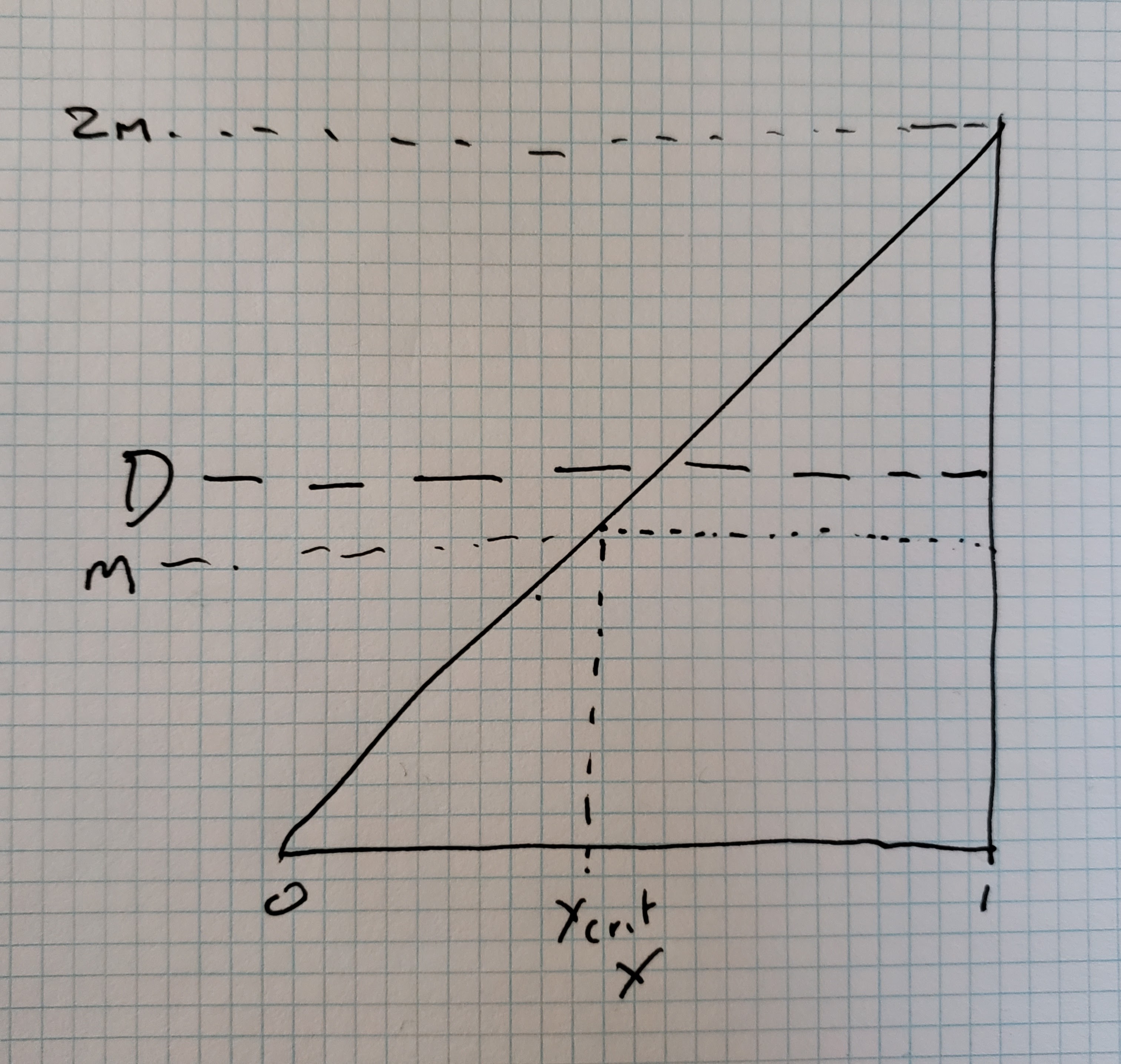
A postdoc asked a question about being prescriptive and/or normative in academic papers, noting that some of the people with the most successful scientific careers were scientist/activists who did not shy away from saying in their technical work what we should do or what is good and what is bad.
My response:
It is fine to say “I think we should do XYZ” or “XYZ is good [or bad]” in an opinion piece in academic or informal settings.
But is it OK to make those kinds of statements in regular academic research papers?
A starting point is that there are multiple paths and strategies to success and you have to do something that fits your personal style and also takes account the reality of the job market.
I was trained on Hume’s distinction between empirical and prescriptive/normative statements.
My feeling has always been that we as scientists are trained to generate and disseminate information and our opining on public issues was just our hobby, not our profession.
That said, I am not above language of the sort: “Policy makers should consider doing XYZ” rather than coming right out and saying “Do XYZ”.
This may seem rhetorical artifice, but there is implicit acknowledgement in that construct that I may be wrong in my recommendation when a broader range of facts is considered.
I am probably near one end of the spectrum of wanting to keep recommendations to a minimum in academic papers (research suggestions, factors for policy consideration).
Others say that the distinction between opinion/informal pieces and scientific/technical reports is artificial and all that is required is transparency.

When something is written in an academic paper, it should be true and you should stand behind it for all time.
Usually the errors are not in what you did, but errors in interpreting the implications of what you did. Often the error is believing your result applies more generally than it does.
When I look back since graduate school, my policy prescriptions have evolved, but I stand by all of the basic findings I have published over the years.
